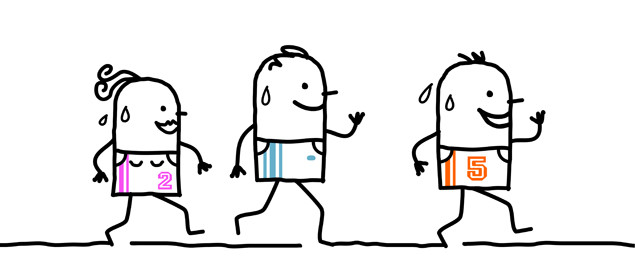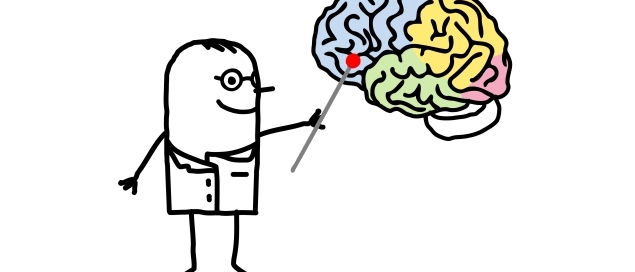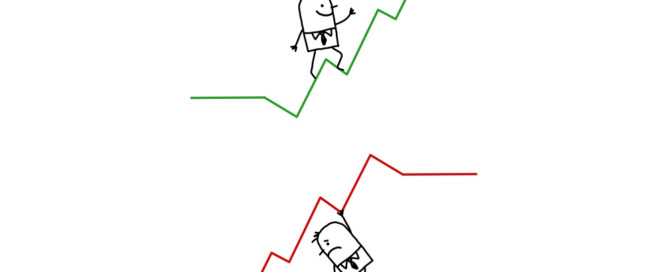Support groups: The pros and cons as a complement to therapy
In this article, I discuss how attending a support group can sometimes be helpful in addressing a therapy issue. Clients often seek therapy to address maladaptive behaviours which are negatively affecting their lives and the lives of those around them. Among these behaviours are substance use, gambling, procrastination, binge eating and cheating on one’s relationship partner. For some of these issues, support groups are available to further help clients with their challenges and struggles. These groups typically involve meetings among several people who are dealing with a particular issue. Among the most notable of these support groups are Alcoholics Anonymous, Narcotics Anonymous, Gamblers Anonymous and Sex Addicts Anonymous. My experience in having worked in therapy with many clients who have attended such groups is that they can be helpful but are necessarily so. In the following sections, I will discuss these pros and cons of support groups as a complement to therapy...[more]








